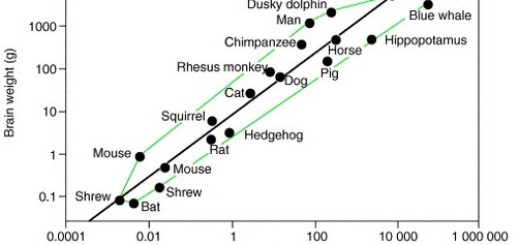Toad licking – it is a thing – but don’t do it.
The Colorado River Toad (Incilius alvarius) produces a milky toxin in glands on its shoulders and back which resemble the weapons that Blastoise has (how did Squirtle biologically evolve metal weapons anyway? Because I’m sure Ash didn’t attach them to him when he evolved).
Anyway, this toxin is full of chemicals that can paralyze or kill you, but it also contains 5-MeO-DMT which activates serotonin receptors in your brain. You may of heard of serotonin in the context of it being your “happy neurochemical”. This is a drastic oversimplification that probably came from the fact that Prosac’s mechanism of action is to increase the levels of serotonin in the brain to help reduce the symptoms of depression. But serotonin actually modulates a number of things including addiction, aggression, anxiety, appetite, blood pressure, cardiovascular function, emesis, gastrointestinal function, heart rate, impulsivity, learning, locomotion, memory, mood, nausea, nociception, penile erection, pupil dilation, respiration, sexual behaviour, sleep, sociability, thermoregulation, and vasoconstriction. So not surprisingly substantial activation of the serotonin receptors causes a whole range of things depending on the subtypes of the receptors and how strongly the activation is.
Toad lickers report that the 5-MeO-DMT causes a full body warm sensation, euphoria, and strong auditory hallucinations. Toad lickers also report coldness, loss of the ability to think, feel and see… and rigamortus, because toad licking can kill. This is particularly true when you incorrectly identify the toad, there have been reports of people licking the highly poisonous Cane toad in a case of misidentification. This isn’t surprising because (to be honest) the kinds of people who are looking to lick toads to get high probably do not have the taxonomical skills to correctly identify toads.






